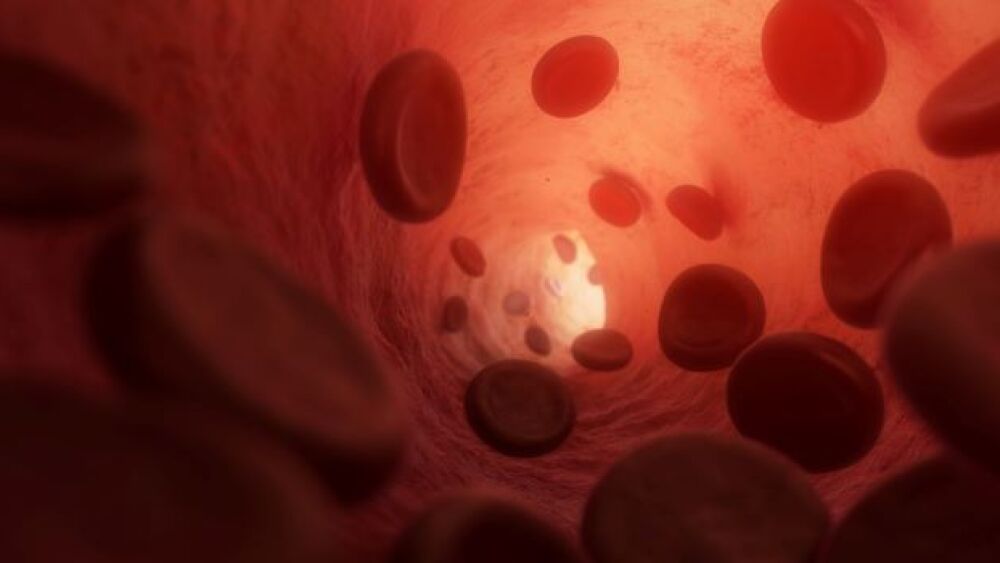Cidara Therapeutics and Mundipharma today shared positive topline results from their Phase III trial on the use of rezafungin for candidemia and invasive candidiasis.
Rezafungin showed good results in Phase III trials.
Cidara Therapeutics and Mundipharma today shared positive topline results from their Phase III trial on the use of rezafungin for candidemia and invasive candidiasis.
Rezafungin, a once-weekly echinocandin, is intended as a first-line treatment for the mentioned diseases. Initial results from the global, randomized, double-blind Phase III ReSTORE study covered data from 187 patients across 132 sites in 18 countries. Patients were given 400 mg of Rezafungin in the first week, and then 200 mg once a week thereafter up to four weeks.
They showed that the drug was able to meet the primary endpoint of all-cause mortality at Day 30, steering support for its New Drug Application (NDA) submission with the U.S. Food and Drug Administration (FDA). Rezafungin also achieved its other primary endpoint of global cure at Day 14, strengthening its Marketing Authorization Application (MAA) with the European Medicines Agency (EMA). It also has a Qualified Infectious Disease Product (QIDP) with a Fast Track status from the FDA and an Orphan Drug Designation in the EU and the U.S.
There’s More About Rezafungin
In addition to meeting its main endpoints, Rezafungin demonstrated the ability to reduce a patient’s hospital confinement period, with patients being discharged nine fewer days from the Intensive Care Unit compared to the current standard of care caspofungin. The median ICU length of stay among those who were given rezafungin was five days, while those who received caspofungin remained in the ICU for 14.5 days on average. Rezafungin administered once a week also significantly reduces the frequency of clinic visits, particularly as patients on caspofungin have to be dosed once a day.
“Preparations for launch in the U.S. are on track. We continue to be highly strategic as we evaluate our go-to-market approach for commercialization. The antifungal market is a highly concentrated and efficient one, with half the market coming from just 340 accounts, many of which are large cancer centers and teaching institutions, so the commercial effort under any circumstance, be it on our own or with a partner, will be a highly targeted one,” said Dr. Jeffrey Stein, the president and chief executive of Cidara, in an interview with Biospace on commercialization plans for the drug. “We’re also continuing to analyze launch dynamics in the COVID era to help shape our approach. Importantly we’ve ensured that our supply chain is in place and we have launch supplies on hand.”
Candida strains are tough to treat, with C.auris classified as an urgent health threat by the Centers for Disease Control. Invasive candidiasis currently has a significant unmet need, particularly for critically ill and immunocompromised patients. The treatments available can help address some symptoms, but mortality rates are still as high as 40%.
There were no adverse interactions observed during the observation period, and rezafungin’s safety profile was similar to that of caspofungin. Should rezafungin receive the necessary approvals, it will be the first-line therapy option introduced in over ten years.
“We are moving as diligently as we can to file our regulatory submissions. Our priority is to get rezafungin in the hands of physicians globally so that they can improve the lives of these critically ill patients. Rezafungin has Fast Track, QIDP, and Orphan Disease designations which will be helpful as we progress with our regulatory filings in the US. We have also built a strong relationship with our partner Mundipharma and are working closely together so that rezafungin can be launched in their territories outside the US and Japan, at the earliest possible date post approval,” Dr. Stein noted.





